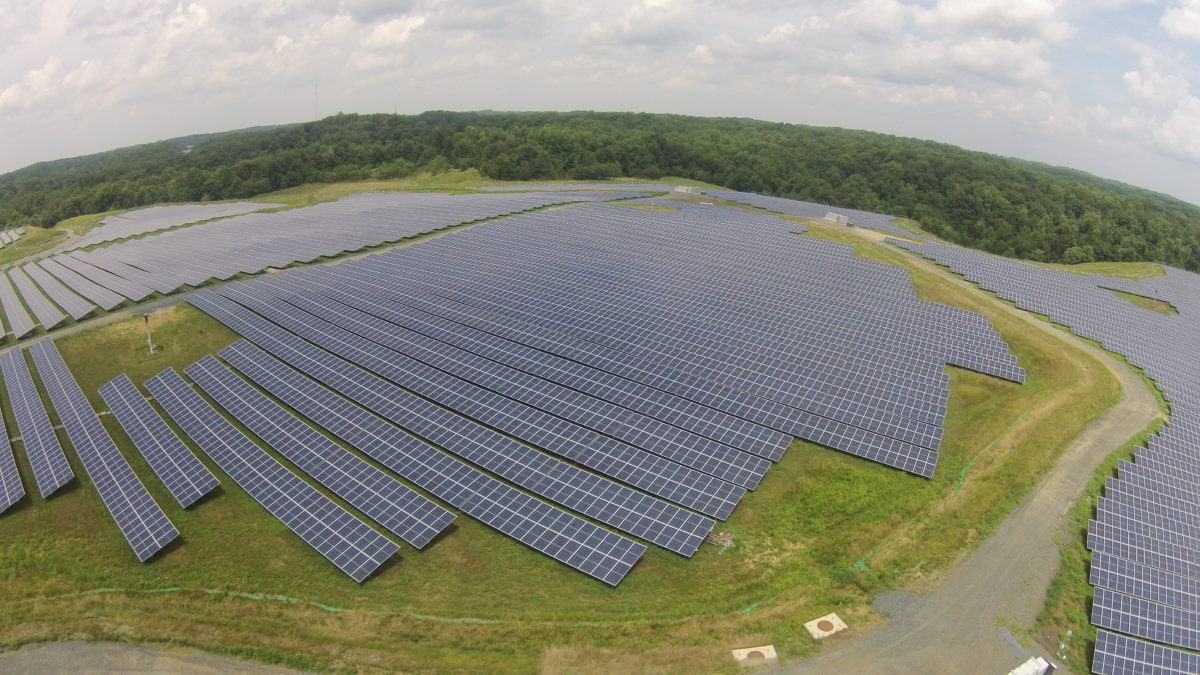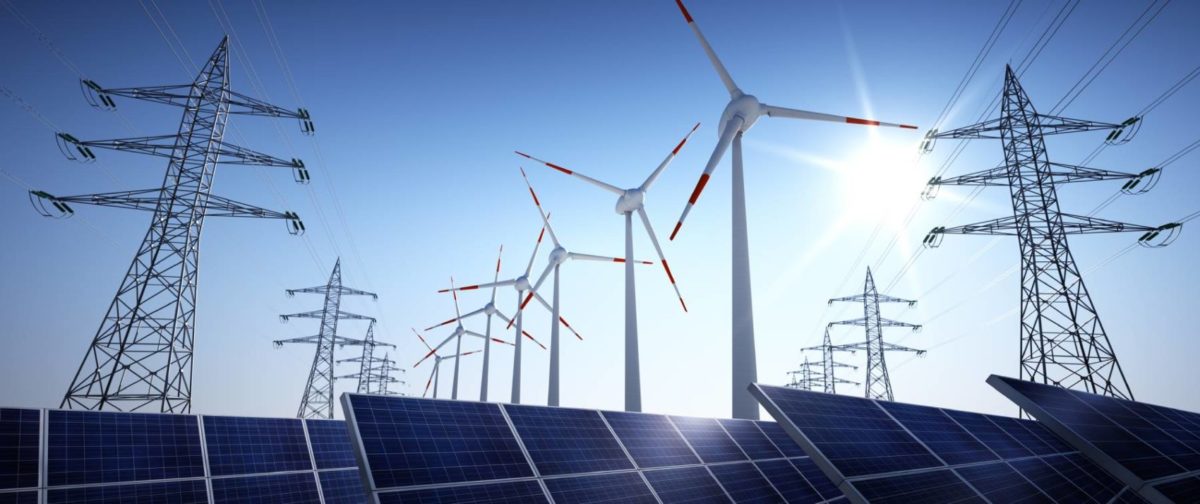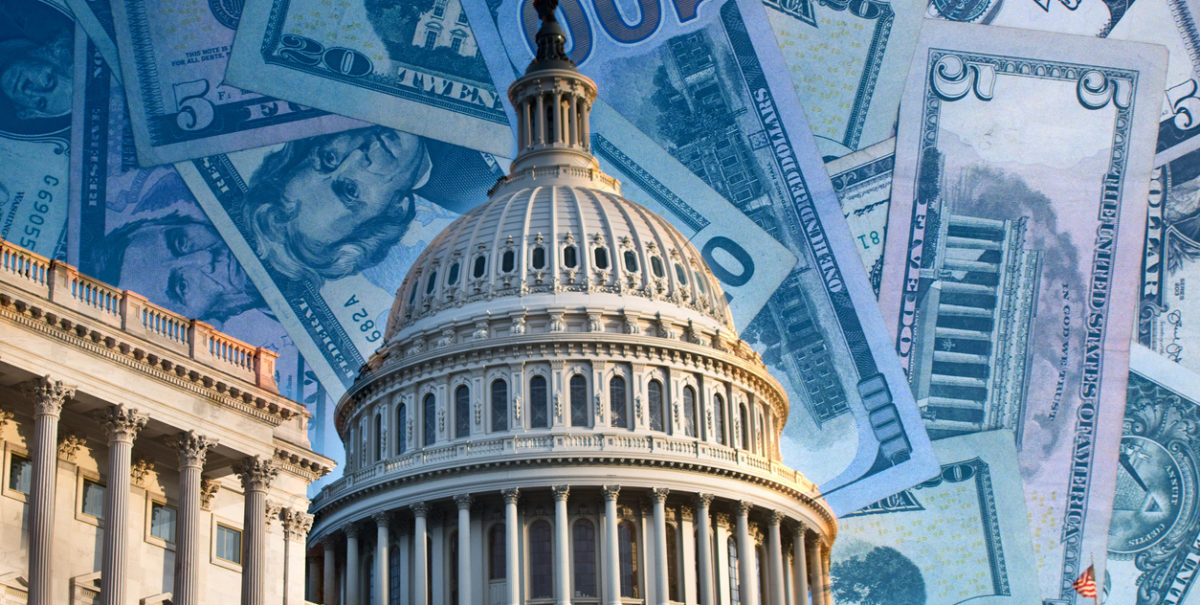This spreadsheet highlights case studies of equitable clean energy initiatives from leading cities and states across the United States. For each initiative, this resource provides a brief summary, an overview of key characteristics, and a description of how it addressed procedural, structural, distributional, or transgenerational equity.
This is a companion resource to the publication “Integrating Equity into City Clean Energy Initiatives: Considerations and Resources for Local Governments.” Download that report from the Tools & Resources library.



